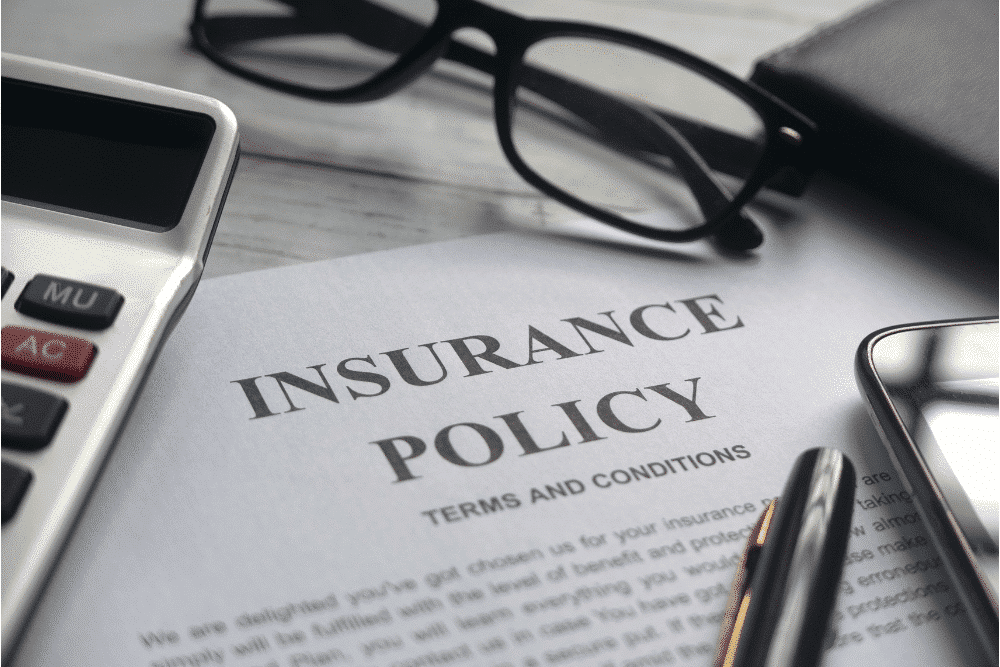In collaboration with the New York Times, ProPublica authored a multi-part series on the falling cost of generic drugs and insurance. One article sought to answer what politicians and many consumers have been asking lately: If generics are cheaper, why are some insurance plans requiring consumers to use the more expensive brand name versions? ProPublica spoke to a California pediatrician who said he began receiving memos from pharmacies telling him that he had to prescribe name brand versions of attention deficit drugs such as Adderall XR.
ProPublica has revealed that deals with insurance companies and pharmacy benefit managers (companies such as CVS Caremark who manage drugs plans for insurance companies) are receiving kickbacks and deals, while leaving consumers footing the bill for higher out of pocket costs.
Adderall XR and Insurance Companies: Back Room Negotiations
When the exclusive patent for name brand drugs expires, generic companies are free to enter the market with a less expensive competitor. In most industries, competition is usually great news for the consumer. More options typically leads to lower prices, including of the brand name that now has to fight for market share of an industry it used to dominate.That is, unless the brand name manufacturers are savvy enough to come up with a different strategy to increase their sales.
Case in point, Adderall XR, the most popularly prescribed treatment (in brand name and generic form) for Attention Deficit Disorder. One of the biggest deal makers out there is Shire, the biotech company that makes Adderall XR. The drug was such a moneymaker for Shire that it accounts for 1/3 of the company’s annual sales. Anticipating the end of its patent, the company sprung into action, negotiating deals with generic drug makers, insurance companies and pharmacy benefit managers. It first allowed two separate manufacturers, Impax Laboratories and Teva Pharmaceuticals, to distribute Shire’s product as a generic, but with a portion of all sales to go back to Shire. When Impax and Teva began feeling the deal was inequitable, they sued and Shire settled the cases out of court. Choosing to go a different route, Shire went to insurance companies and pharmacy benefit managers to offer rebates for Adderall prescriptions, provided the insurance companies and benefit managers worked their name brand version into the prescription plans they crafted.
The loser in this situation is the consumer. While the insurance companies were paying less for Adderall, those who needed it were left footing a higher out of pocket cost than for a generic. Last year it was announced that Impax had been given FDA approval to take their own version of Adderall to market, which sounds promising, but not when you consider what Shire has done. The company has cut so many deals that insurance companies are likely to stay with the brand name because of the kickbacks. Market analysts have evaluated Shire’s cost per pill of Adderall and realized that a large portion of the proceeds from each pill are going outside the company, a sign that they are clinging to deals with middlemen to ensure steady sales.
CVS Caremark and Medicare
Shire is not alone in attempting to maintain market share by negotiating with insurance companies. According to ProPublica, CVS Caremark recently notified its pharmacies that 12 drugs on some of its Medicare drug plans could only be given in the brand name version, despite the availability of generic alternatives. As confusing as it may seem, insurance and pharmaceutical industry experts agree that when insurance companies call for a brand name over a generic, a benefit is being given to someone in the supply chain. Unfortunately that someone isn’t you.



